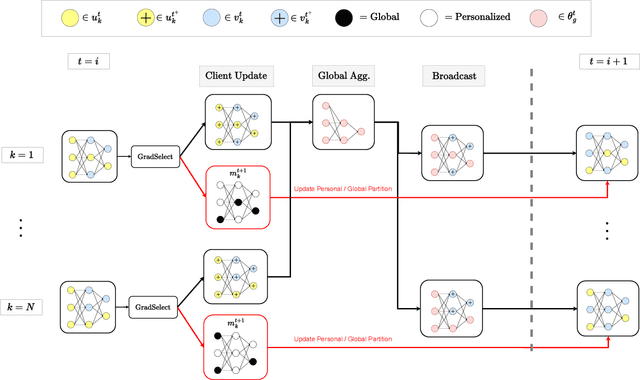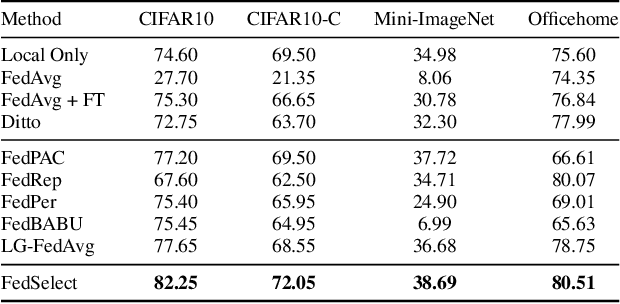Ron Arel
Tamper-Resistant Safeguards for Open-Weight LLMs
Aug 01, 2024



Abstract:Rapid advances in the capabilities of large language models (LLMs) have raised widespread concerns regarding their potential for malicious use. Open-weight LLMs present unique challenges, as existing safeguards lack robustness to tampering attacks that modify model weights. For example, recent works have demonstrated that refusal and unlearning safeguards can be trivially removed with a few steps of fine-tuning. These vulnerabilities necessitate new approaches for enabling the safe release of open-weight LLMs. We develop a method, called TAR, for building tamper-resistant safeguards into open-weight LLMs such that adversaries cannot remove the safeguards even after thousands of steps of fine-tuning. In extensive evaluations and red teaming analyses, we find that our method greatly improves tamper-resistance while preserving benign capabilities. Our results demonstrate that tamper-resistance is a tractable problem, opening up a promising new avenue to improve the safety and security of open-weight LLMs.
FedSelect: Personalized Federated Learning with Customized Selection of Parameters for Fine-Tuning
Apr 03, 2024



Abstract:Standard federated learning approaches suffer when client data distributions have sufficient heterogeneity. Recent methods addressed the client data heterogeneity issue via personalized federated learning (PFL) - a class of FL algorithms aiming to personalize learned global knowledge to better suit the clients' local data distributions. Existing PFL methods usually decouple global updates in deep neural networks by performing personalization on particular layers (i.e. classifier heads) and global aggregation for the rest of the network. However, preselecting network layers for personalization may result in suboptimal storage of global knowledge. In this work, we propose FedSelect, a novel PFL algorithm inspired by the iterative subnetwork discovery procedure used for the Lottery Ticket Hypothesis. FedSelect incrementally expands subnetworks to personalize client parameters, concurrently conducting global aggregations on the remaining parameters. This approach enables the personalization of both client parameters and subnetwork structure during the training process. Finally, we show that FedSelect outperforms recent state-of-the-art PFL algorithms under challenging client data heterogeneity settings and demonstrates robustness to various real-world distributional shifts. Our code is available at https://github.com/lapisrocks/fedselect.
FedSelect: Customized Selection of Parameters for Fine-Tuning during Personalized Federated Learning
Jul 07, 2023Abstract:Recent advancements in federated learning (FL) seek to increase client-level performance by fine-tuning client parameters on local data or personalizing architectures for the local task. Existing methods for such personalization either prune a global model or fine-tune a global model on a local client distribution. However, these existing methods either personalize at the expense of retaining important global knowledge, or predetermine network layers for fine-tuning, resulting in suboptimal storage of global knowledge within client models. Enlightened by the lottery ticket hypothesis, we first introduce a hypothesis for finding optimal client subnetworks to locally fine-tune while leaving the rest of the parameters frozen. We then propose a novel FL framework, FedSelect, using this procedure that directly personalizes both client subnetwork structure and parameters, via the simultaneous discovery of optimal parameters for personalization and the rest of parameters for global aggregation during training. We show that this method achieves promising results on CIFAR-10.
* Work in progress
 Add to Chrome
Add to Chrome Add to Firefox
Add to Firefox Add to Edge
Add to Edge